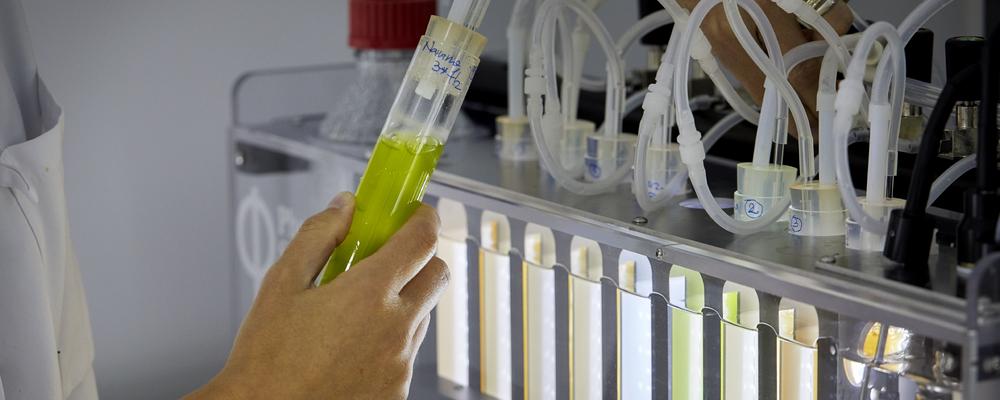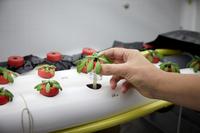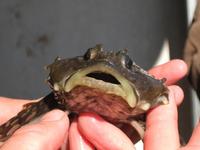
Physiology & cell biology
Physiology is about how animals and plants function, and includes studies on cellular, organelle, organ or whole organism level.
Plant physiology
Plant physiology, include studies of fundamental mechanisms on cellular and molecular level, that control growth and photosynthesis. Often basic research is combined with applied aspects, aiming for example to develop more a sustainable production of food, fuel and biomaterials.
Research at BioEnv include for example studies of model organisms like Arabidopsis, crops like wheat, wild trees and shrubs in the tropics and polar regions and marine algae.
Animal physiology (or zoophysiology)
Within zoophysiology focus is on understanding how organs are built, develop and are controlled. Traditionally, comparative aspects are important, that is one looks at how different groups of animals or animals in different habitats have adapted.
Research at BioEnv focus mainly on fish and marine invertebrates, both wild and farmed. We use integrative approaches from the molecular and cellular levels to the whole animal, and studies include both fundamental and applied questions, related to for example different aspects of aquaculture.
Ecophysiology
In the face of climate change, which has led to increased temperatures and ocean acidification, ecophysiology is an area of research that has expanded over the past years, both internationally and at the department.
Within ecophysiology, one studies physiological adaptations to different environments, and how plants and animals react to climate change and other environmental stressors like salinity, pH and pollutants. Ecophysiology is on the border between physiology and ecology, and constitute the basis for many conservation projects.
Ecotoxicology
Another subject in the borderline is ecotoxicology, which often are seen as part of environmental sciences, but also involves many pure physiological questions. Focus is on understanding structures, processes and interactions that explain how pollutants affect ecosystems.
Research topics
Under each heading, we have listed the researchers involved, with links to contact information and possible additional group or project pages.
Plant physiology (cell and molecular biology)

Zoophysiology
The following projects overlap with ecotoxicology, see main research area Environmental sciences

Do you want to learn more about physiology & cell biology? We offer many courses that deal with questions related to this research area.


